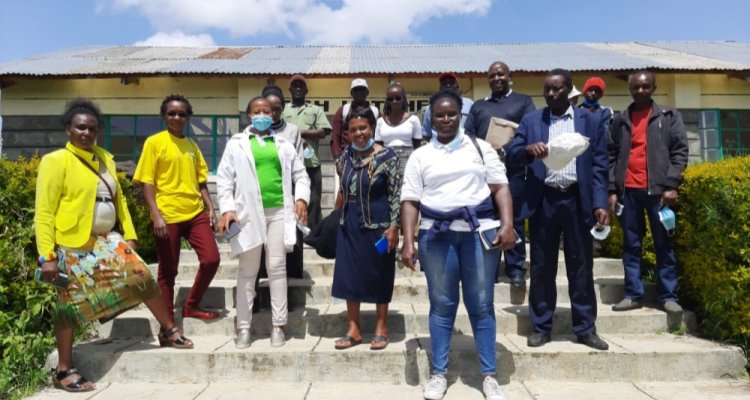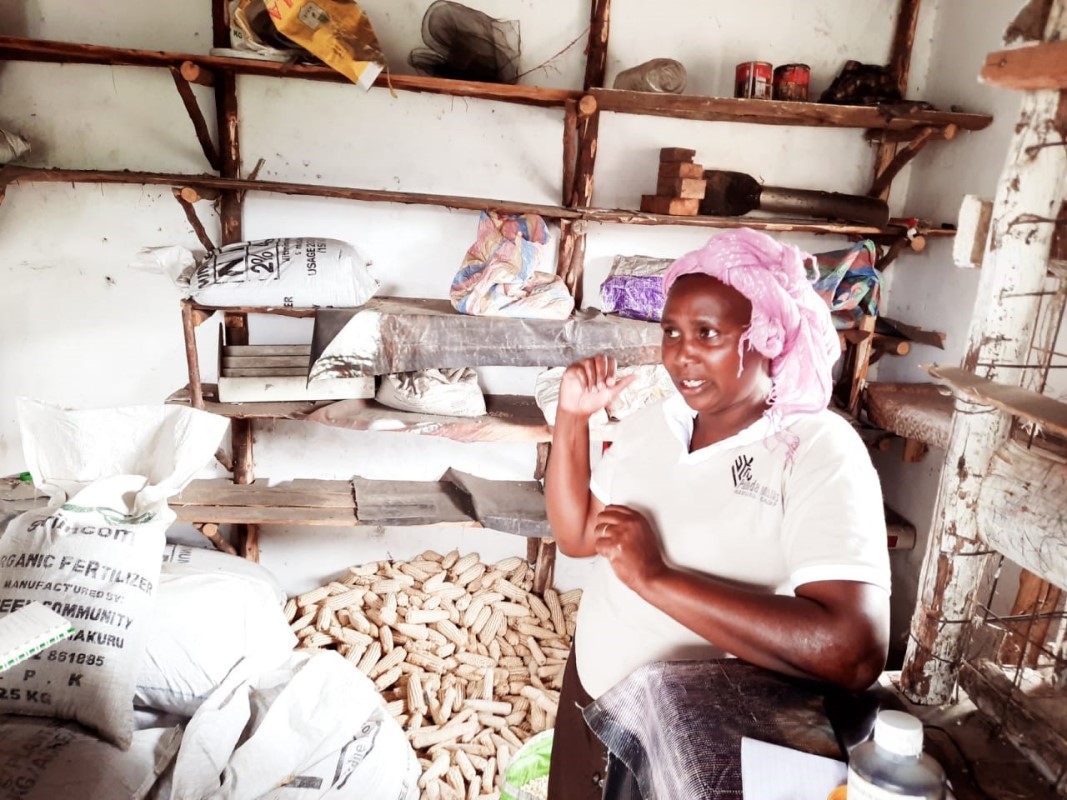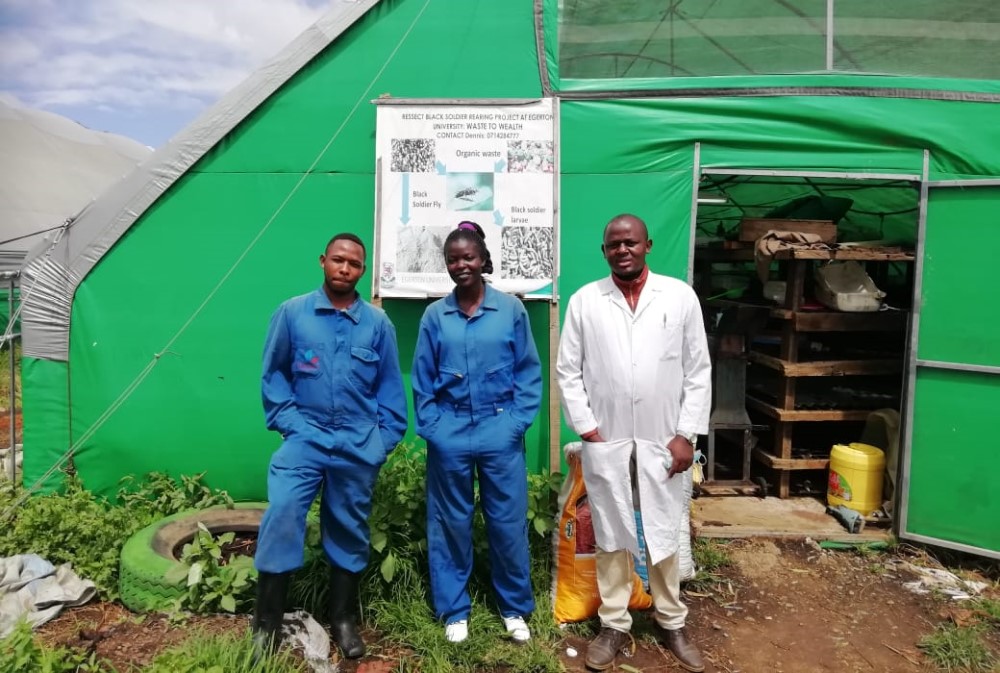



East Africa's first food-systems living lab opens
Wageningen University & Research and its African partners are have opened living labs across East Africa to bolster sustainable innovations in the food system.How do you turn animal manure into the best agricultural fertiliser? Can the black soldier fly be used as animal feed? These are just some of the questions budding entrepreneurs in Eastern Africa have.

To provide theoretical and practical answers to these questions, Wageningen University & Research and its African partners are to open living labs over the next few years. The objective is to continuously increase and improve the knowledge generated in this project, which is partly funded by the IKEA foundation. Simultaneously, innovating entrepreneurs are provided with assistance, while the project also contributes to transforming the food system.
The REFOOTURE project aims to enable farmers in Eastern Africa to obtain greater yields from their lands while simultaneously improving nature. And, if this proves successful, will there also be ways to develop new food systems that help fight inequality, poverty and youth unemployment? In short: what options are there for regenerative and inclusive food systems in the East-African context?
Nakuru Living Lab, which was launched in collaboration with Egerton University, is the first living lab to open. More living labs are expected to follow in Uganda and Ethiopia in the near future.
Collaboration IKEA Foundation and WUR
Wageningen University & Research (WUR) and IKEA Foundation entered into a three-year collaboration last year. In total, Ikea Foundation has made a little under 3.5 million euros available for the project. Now that the first living lab has been launched, it will become clearer what issues the farmers in East Africa face.
IKEA Foundation challenges WUR to seek answers to these questions in collaboration with East-African partners through science and practice. The questions are the same as those posed by other donors, investors, businesses and governments when they invest in better food systems and more food security in East Africa. The complexity of the questions calls for a multidisciplinary approach, which is why all five WUR research groups are involved in this project.
Making manure from faeces
One of the entrepreneurs in the living lab in Kenya is Griincom. This Kenyan start-up aims to produce sustainable manure from animal faeces. They are currently at a crossroads in their development.

Will they scale up and mechanically increase their production capacity or are there more benefits in remaining small-scale? And, how can they increase the nutrient value of the manure? Researchers from WUR and Egerton University provide the knowledge that allows Griincom to take the best next step.
Black soldier fly as cattle feed
Another interesting question in this first living lab comes from Ressect. As the name suggests, the owners work with insects; the black soldier fly in particular. Ressect is aware that the black soldier fly is a rich nutrient source for cattle. They are now searching for ways to bring this cattle feed to the market.

Creating value from sustainable forests
Menengai Community Forest Association is active in a niche sector for the East-African region: creating value from sustainable forests. What profitable products does a forest have to offer so that trees need not be felled for income? And how does one reforest endangered tree types? This is what researchers from WUR and Egerton University will try to find out.
Future perspective
The living labs make future perspectives for their food systems, which help mobilise the innovation power of East-African farmers, entrepreneurs, retailers, traders and consumers. This interchange will help scale up sustainable innovations.
The results of this project are to be shared with the international networks or WUR, IKEA Foundation and the local and regional partners in East Africa. The objective is to inspire international programmes and investors to continue supporting the living labs for many years in achieving their goals.


